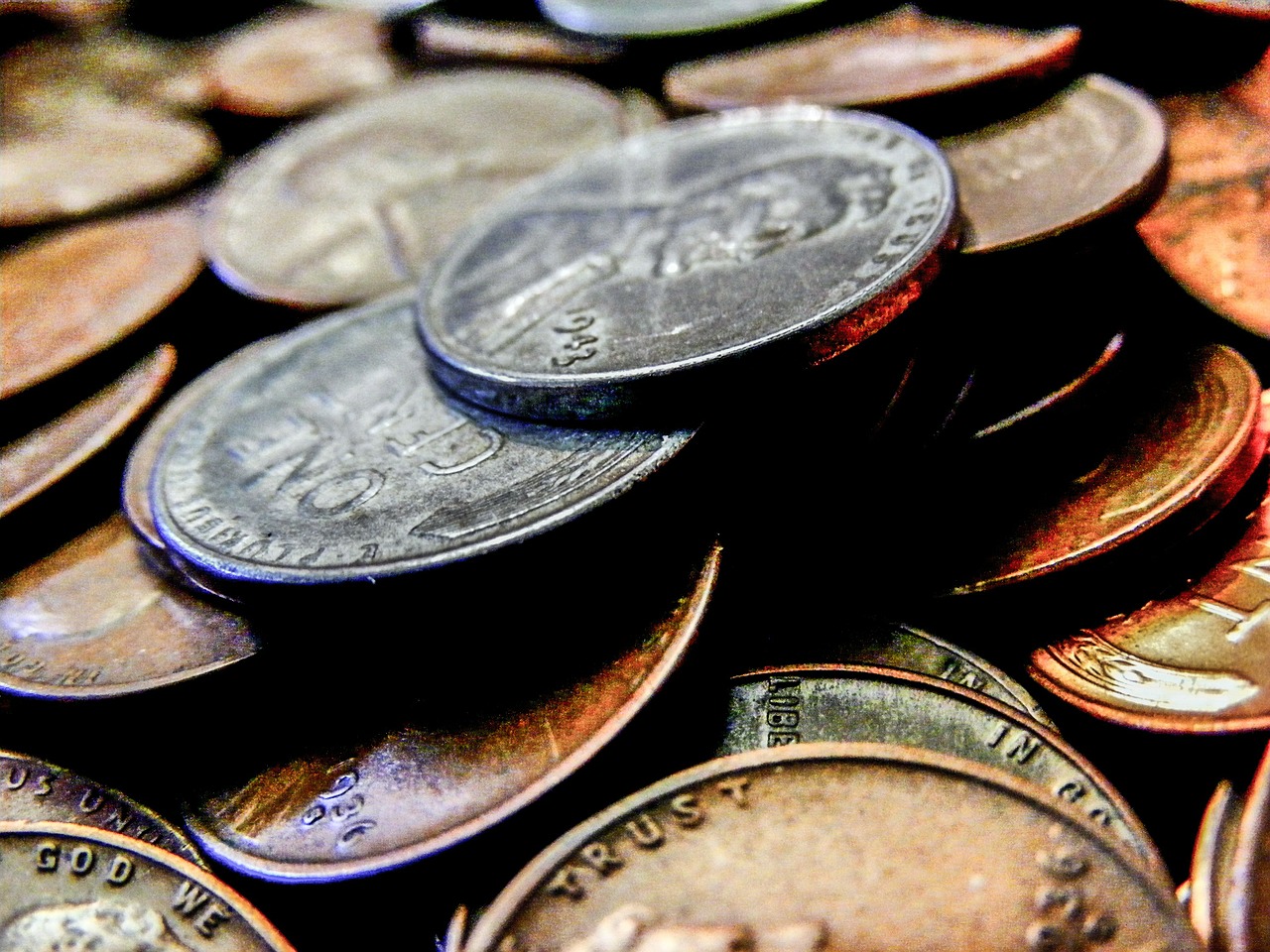- Home
- Miscellaneous
- 15 Phenomenal Facts about the Penny

15 Phenomenal Facts about the Penny
The penny was the first currency authorized by the United States. George Washington signed the Mint Act of 1792 and since then there have been 11 different designs featured on the penny. Here are 15 phenomenal facts about the penny.
Facts about the Penny:
- Pennies are NOT made of copper. The modern one-cent coin is actually composed mainly of zinc with a copper coating. As such, pennies buried in a garden will repel slugs, which get an electric shock from touching copper and zinc.
- Abraham Lincoln was the first historical figure to be on a U.S. coin. He was first portrayed on the penny in 1909, to commemorate his 100th birthday. The Lincoln penny was also the first U.S. cent to include the words “In God We Trust.”
- A penny costs 1.82 cents to manufacture. Between production costs and shipping, the one-cent coin cost $0.0182 each. This comes to $69 million in losses compared to their total value.
- When spinning a penny, the chances of landing on tails is 80%. Spinning a coin is often believed to be a 50-50 proposition. However, when it comes to the penny, the side with Lincoln’s head is a bit heavier than the flip side. The coin’s center of mass ends up lying more toward heads. Moreover, flipping a coin is not 50-50, but 51-49, biased towards the side that was initially facing up.
- In 1987, an 18-year-old freshman raised $28,000 by collecting a penny from 2.8 million people. Mike Hayes, a student at the University of Illinois, came up with an idea to raise the money he needed for college tuition. He contacted a newspaper columnist at the Chicago Tribune and asked him to write his readers a simple request: send a penny. They sent 90,000 letters and about 2.9 million pennies which more than covered his tuition.
- The oddly familiar smell that comes from pennies (and other coins) is actually a human body odor. The smell is produced when human sweat reacts with the metal and creates that metallic smell.
- The first design for the penny had the inscription “Mind Your Business”. The coin was designed by Benjamin Franklin and only minted in 1787. It was replaced by the one-cent piece with the motto “E pluribus unum”, Latin for “Out of many, one”.
- On average, the penny can only circulate for about 25 years. After that time, they become too worn to be used. However, consider that the average dollar only lasts for only 18 months, so pennies have quite the lifespan comparatively.
- In 1992 Australia removed their one (and two) cent coins from circulation. Inflation and the high cost of bronze reduced their value. After removal, the coins were melted down and used to make the bronze medals for the 2000 Sydney Summer Olympics.
- 16 pennies stacked equals 1 inch and 16 pennies in a line equals 1 foot. Depending on the age of the pennies, your mileage may vary as wear and tear could affect the thickness.
- Pennies extended cash transactions by about two seconds. A joint study with National Association of Convenience Stores and Walgreens showed that handling pennies added the extra time. The same study showed that the average consumer made 23 cash transactions in a single month. That comes out to an hour or two per year dealing with pennies.
- There are more one-cent coins produced than any other denomination. The US Mint ships more pennies for circulation than all other coins combined. In 2017, 8.4 billions pennies were shipped, the next closest coin was the dime with 2.4 billion.
- Two-thirds of the pennies produced in the US in the last 30 years have dropped out of circulation. According to Philip Diehl, the former director of the US Mint, the majority of pennies wind up in penny jars, sock drawers, banks, or the trash.
- There is a penny lobby that works in opposition to the elimination of the penny from American currency circulation. The lobby is called Americans for Common Cents and was established in 1990. It is a consortium of 50 groups that represent the zinc industry, which supplies most of the metal used in pennies.
- The official name for a penny is not penny. A ‘One Cent Piece’ or ‘Cent’ is the official U.S. name for the penny. The misnomer comes from the early equating of the denomination with the British Penny which had similar value.
Liked these facts about the penny? Check out these 15 facts about bananas.
Also, go ahead and share some facts about the penny that we might have missed in the comments section below.
Comments
0 comments